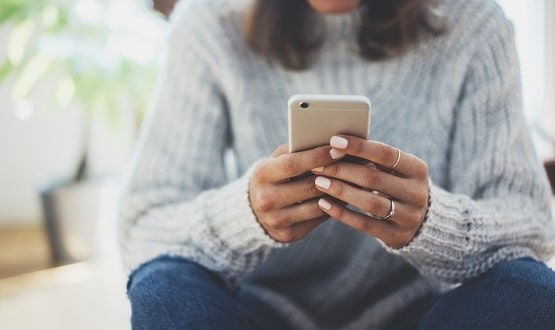Mobile health and apps news in brief

This month’s mobile health and apps news in brief features the launch of the UK’s very first domestic violence app, which has been designed to provide help and support for victims. Elsewhere, research in Australia has reportedly questioned the effectiveness of some health apps, including a Swedish service designed to curb drinking among students.
Domestic violence support app launched in the UK
The UK’s first domestic violence support app for victims has been launched in the UK.
The Vodafone Foundation and Hestia, London’s leading domestic abuse charity, have teamed up to launch the Bright Sky app.
Bright Sky enables users to locate their nearest support centre by searching their area, postcode or current location.
Designed to log incidents of domestic abuse without any content being saved on the device itself, the app enables users to record incidents in a secure journal tool, using a text, audio, video or photo function.
The app provides comprehensive support and information to people affected by abuse and also acts as a source of advice for people wanting to help others.
A short questionnaire helps users assess the safety of a relationship and there is information about different forms of abuse, the types of support available, steps to consider if leaving an abusive relationship and how to help a friend affected by domestic abuse.
Patrick Ryan, Hestia CEO said: “For someone who is a victim of domestic abuse, the support they get from their friends and family can be lifesaving.
“It is heart-breaking to think that so many of us wouldn’t know how to help our loved one in their hour of need. Bright Sky’s innovative features can put an end to this.
“By simply downloading the app onto our phone, we can all play our part in ending domestic abuse.”
Public Health England launches Active 10 app
Public Health England (PHE) has launched a new app that aims to encourage adults to be more active.
The Active 10 app encourages users to build 10 minutes of brisk walking into their daily routine.
PHE claims that 10 minutes of exercise a day can help reduce the risks of long-term health conditions, like heart disease and some cancers.
Around 600,000 people have downloaded the app.
Survey suggests app helps to helps to reduce anxiety of premature baby parents
A survey has suggested that a video messaging app helps reduce anxiety of parents whose baby is receiving specialist neonatal care.
vCreate allows neonatal nurses to send video updates from hospital-owned iPads directly to parents’ smartphones.
Over time, a video diary is built that parents can download and keep once the baby has been discharged.
The survey, carried out by vCreate, revealed 100% of parents thought the videos helped to maintain or improve their mental wellbeing while their baby was in hospital.
In addition,all of those questioned thought that having access to a video diary of their baby helped to reduce separation anxiety.
Ben Moore, vCreate founder, said: “The results of this survey show more than ever the benefit to parents.
“These short videos are having a profound impact on parents’ short and long-term wellbeing, because they feel a greater connection with their child.
“We hope our technology continues to be introduced by hospitals to provide additional support to parents of premature and sick babies.”
Research questions effectiveness of health apps
Research carried out in Australia has reportedly questioned the effectiveness of health apps.
Researchers from Bond University in Queensland examined 22 apps and studied which ones proved to be beneficial, The Guardian has reported.
The results revealed an app developed by the Swedish government to curb drinking among university students actually led to them drink more, while a globally popular fitness app made almost no difference to the weight of those who used it.
Only one app, called Get Happy, was found to work.




